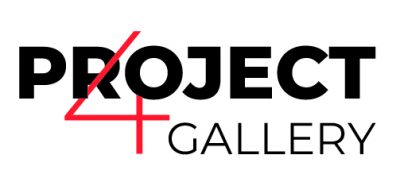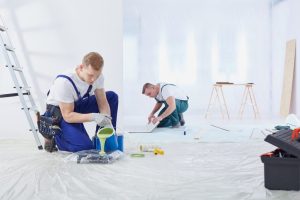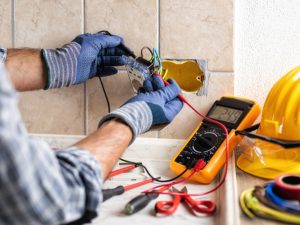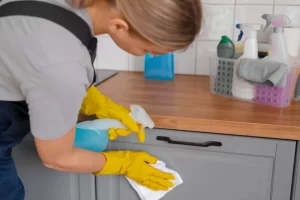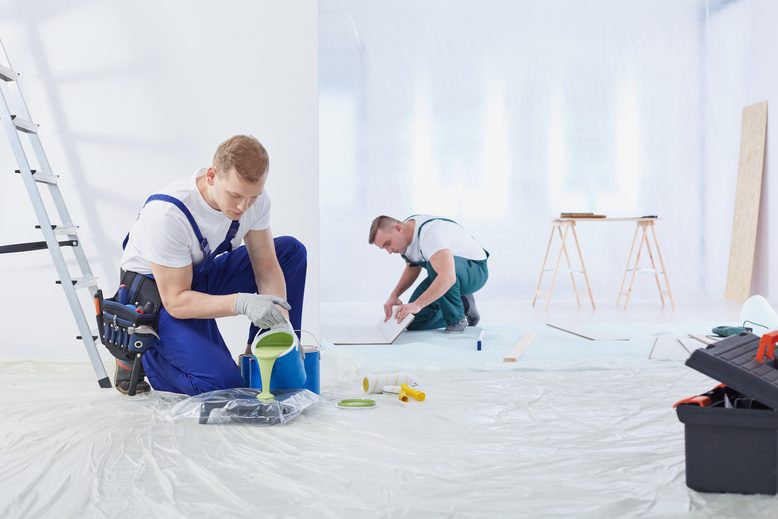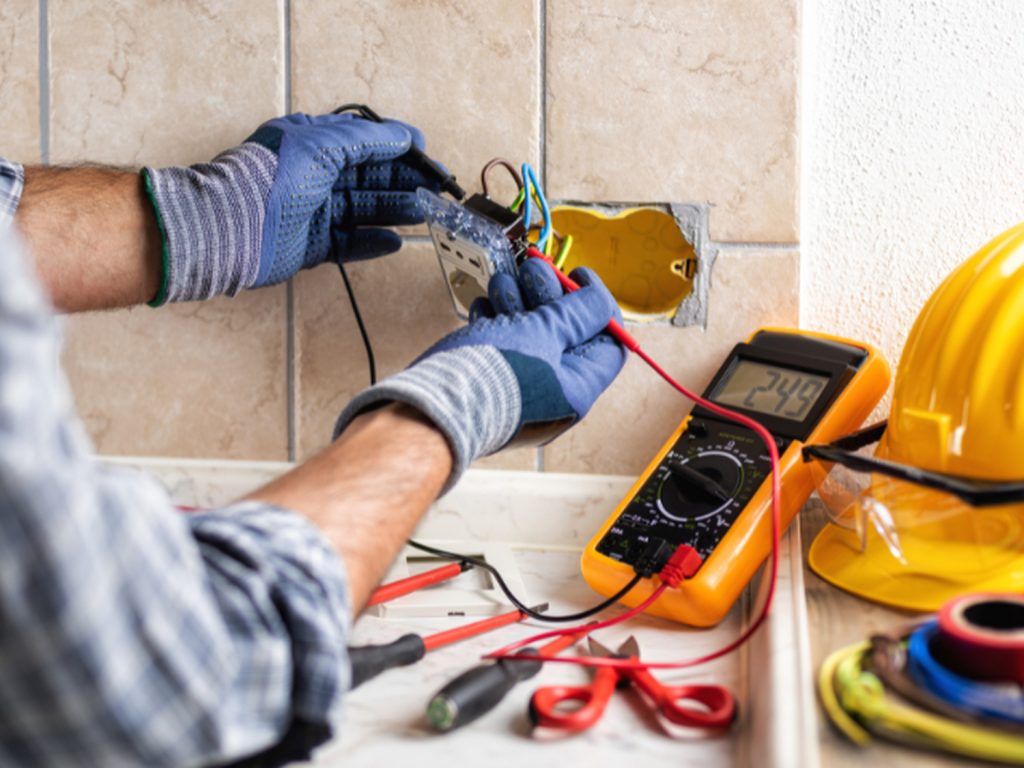Leaks in your plumbing can cause structural damage to your home and lead to mold growth. They also require expensive repairs. A professional home inspector is your best ally to identify these problems before they turn into major issues. We’ll explore the most common causes of leaks in plumbing and how a professional home inspector, such as a Home Inspector in Mebane NC, can help detect them during a house inspection.
1. Age of Plumbing Fixtures
During an inspection, a qualified home inspector will evaluate the condition and age of your plumbing fixtures. The inspector can tell you if the plumbing fixtures are older and more likely to leak. This will prompt you to upgrade or repair your system.
2. High Water Pressure
Inspectors measure the water pressure and ensure that it is within acceptable limits. They will notate if the pressure is high enough to cause plumbing leaks. Installing a pressure regulator will allow you to address the issue proactively.
3. Drains Clogged
When performing their assessments, home inspectors look for signs of blocked drains and pipes. Cameras may be used to examine the inside of pipes to identify blockages which could cause leaks. They can then make recommendations on drain cleaning and repairs.
4. Temperature Fluctuations
Inspectors will often check the insulation of your plumbing and its protection against extreme temperatures. They will check for adequate insulation in areas that are susceptible to freezing, and make any improvements necessary to prevent frozen pipes.
5. Poor Installation
Home inspectors with experience are able to identify signs of a poor plumbing installation. They will check connections, fixtures and materials to make sure everything is installed correctly.
6. Corrosion
Home inspectors will thoroughly inspect the plumbing pipes to determine their condition and material. They will report on any corrosion they find in metal pipes. You can then take the necessary measures to replace them with stronger materials.
7. Tree Root Infiltration
Inspectors will inspect pipes that are near trees to check for signs of root intrusion. In the event that they detect potential problems, they may recommend additional inspections or tree root barriers in order to prevent future issues.
8. Hard Water
An inspector will test the water and check for scale deposits in pipes or fixtures. They can identify signs of damage caused by hard water, like corrosion or scale deposits. They will also advise you about possible solutions, such as installing a water conditioner.
9. Seals and gaskets that are deteriorating
Inspectors inspect plumbing fixtures such as toilets and faucets to look for signs of worn seals. They will recommend repairs or replacements if they find leaks or signs of wear.
10. Physical Damage
Inspectors can identify physical damage that could lead to leaks. Their observations will help you address any issues, such as a dent or damaged fixture.
The conclusion of the article is:
Home inspectors are vital in identifying plumbing problems that can lead to leaks. Their comprehensive assessments and expertise can give you valuable insight and make recommendations for repairs and preventive measures. Working with a home inspector can give you peace of mind, and help protect your home against the dangers of plumbing leaks.
